| Content |
- Word Searches Improve Vocabulary and Spelling. ...
- Word Searches Boosts Concentration and Focus. ...
- Word Searches Can Help Develop Your Child's Problem-Solving Skills. ...
- Completing Word Searches Can Help to Improve Your Child's Memory Retention Skills. ...
- Word Searches Can Help Reduce Screen Time.
This book is based on Majlis-e-Ulama Shia folder for class 3. Any Madressa using this folder will be able to do wordsearches on following topics. (1) Names page 7 (2) History page 9 (3) Imam Zainul Abideen (as) pages 10-11. (4) Imam Baqir (as) page 14 (5) History pages 15-16 (6) Imam Sadiq (as) page 19 (7) Imam Sadiq (as) page 20 (8) Imam Kadhim pages 23-24-25 (9) ImamRidha (as) pages 28-30 (10) Imam Taqi (as) pages 33-34 (11) Imam Naqi (as) 37-38 (12) Imam Askari (as) pages 41-44 (13) Imam Mahdi (as) pages 47-49 (14) cities in saudi Arabia pages 52- 54 (15) Cities in Iraq pages55-58 (16) Baytul Muqqaddas pages 59-60 (17) Cities in Syria pages 61-65 (18) Raas pages 68-69 (19) Imam Hussain pages 72-90.
This book can be easily be photo copied and can be used as handouts for anyone using Majlis-e-Ulama syllabus class 3 History. Ideal for teachers and parents to use for children
HEAVILY SUBSIDIZED BY WWW.ISLAMICTHOUGHT.CO.UK | This book is a translation from French thesis published by The Research Committee of Strasbourg, France, about the contribution made by Imam Jafar as-Sadiq (as) to science, philosophy, literature and irfan (Gnosticism)
Heavily subsidized by www.wabil.com
NOT TO BE RESOLD AT HIGHER PRICE | The book, which requires brevity and concentration, is regarded as one of the best that deals with applied ethics. It is a guide for spiritual wayfarers on ethics and ways to strengthen one's faith, with the goal to reach Allah (swt). | By Abdul Adheem al-Muhtadi al-Bahrani Shipping Costs are £2.99 Per Book | This book, which is written by a well known scholar, a graduate of the Sorbonne, who switched from one Muslim school of thought to another, attempts to prove that the Muslims who truly follow the authentic Sunnah of the Prophet of Islam are actually none other than those referred to as the Shi as. It details how these Shi as (or Shi ites) learn this Sunnah from the closest people to the Prophet of Islam: his immediate family members. It traces the history of the Muslims of the first Islamic century and how they split into two camps, thus setting the foundations for both of these major sects. It also deals with the persecution to which the immediate family members of the Prophet of Islam were subjected and the politicians who played a major role in widening the gap between the followers of this sect and those of that. As for its style, the author restricts himself to quoting major authentic Sunni works to prove his point, relying on an in-depth study of the Islamic history in general and of that of the first century in particular. Many controversial themes are discussed in this book, including that of the infallibility of the Prophet of Islam and of the Twelve Imams who descended from Ali and Fatima, cousin and daughter of the Prophet respectively. Finally, the book concludes with an Appendix containing an Arabic poem in one thousand lines in praise of Commander of the Faithful Ali composed by an Iraqi poet for the Arabic speaking readers.
Heavily subsidized by www.wabil.com | Al-Ṣaḥīfa al-Sajjādiyya (Arabic: ٱلصَّحِيفَة ٱلسَّجَّادِيَّة, lit. 'The Scripture of al-Sajjad')[a] is a book of supplications attributed to Ali ibn Husayn Zayn al-Abidin (c. 659–713), the great-grandson of the Islamic prophet Muhammad, the fourth Twelver Shi'a Imam and the third Ismaili Shi'a Imam. A seminal work in early Islamic spirituality, the book is considered to be the oldest prayer manual in Islamic sources. Shia tradition regards the book with great respect, ranking it behind the Quran and Ali's Nahj al-Balagha. Fifty-four supplications form the main body of Al-Sahifa, which often also includes an addenda of fourteen supplications and fifteen munajats (lit. 'whispered prayers'). Al-Sahifa is often regarded as authentic by the specialists in the science of hadith. Chittick describes the book as "one of the deepest veins of Islamic spirituality," while Husain Mohammad Jafri posits that the supplications in Al-Sahifa embody the answers to many of the spiritual questions faced by the man of our age.
HEAVILY SUBSIDIZED BY WWW.ISLAMICTHOUGHT.CO.UK |
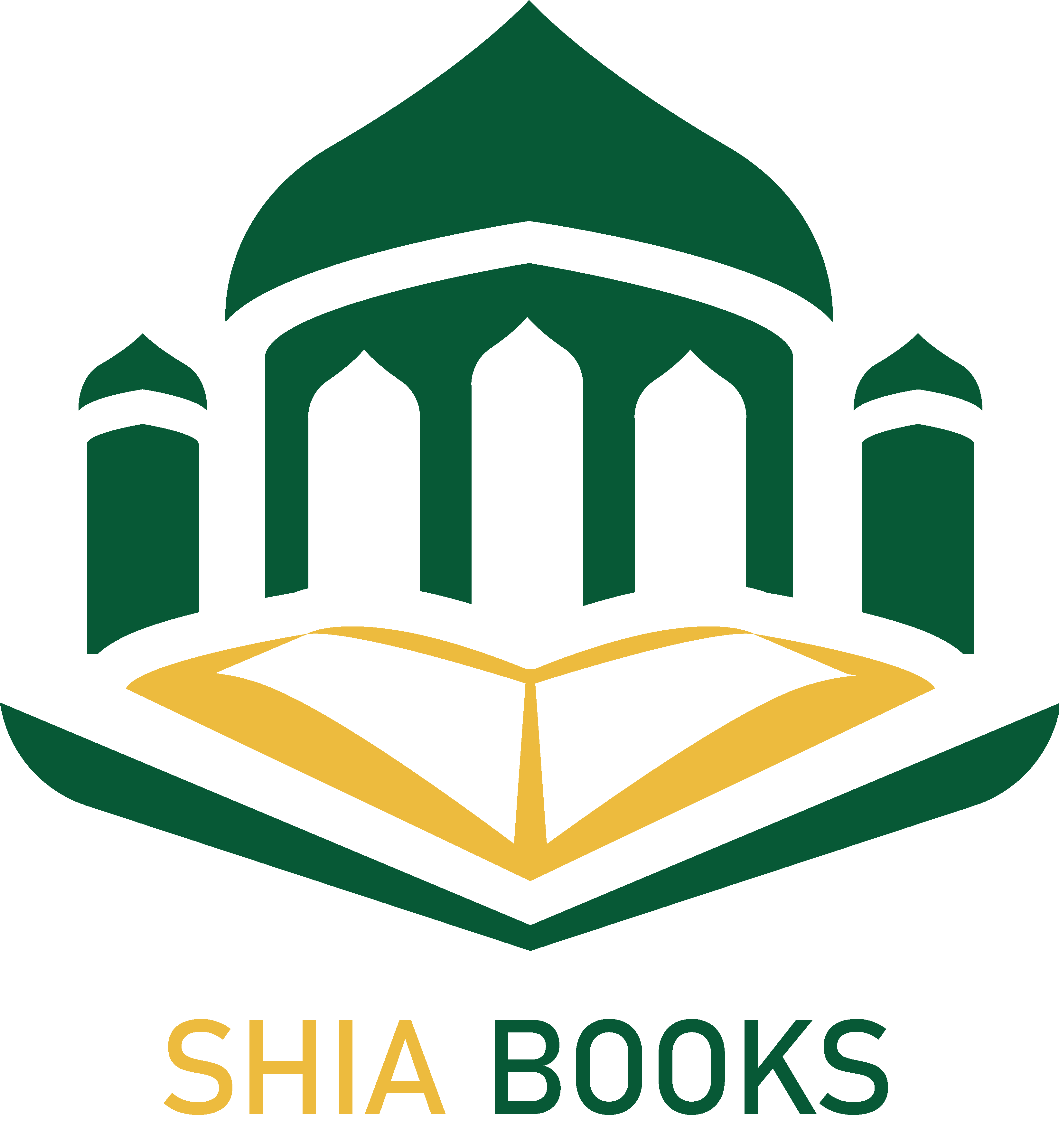
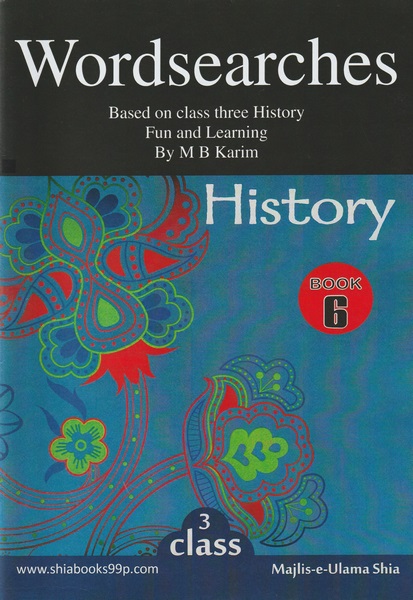
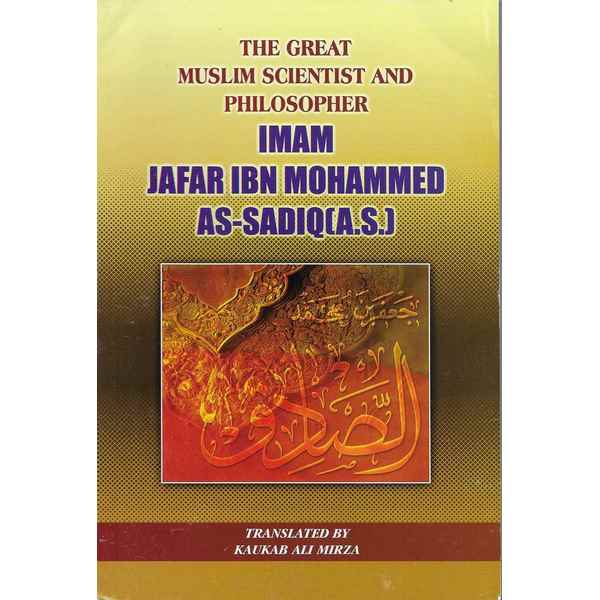
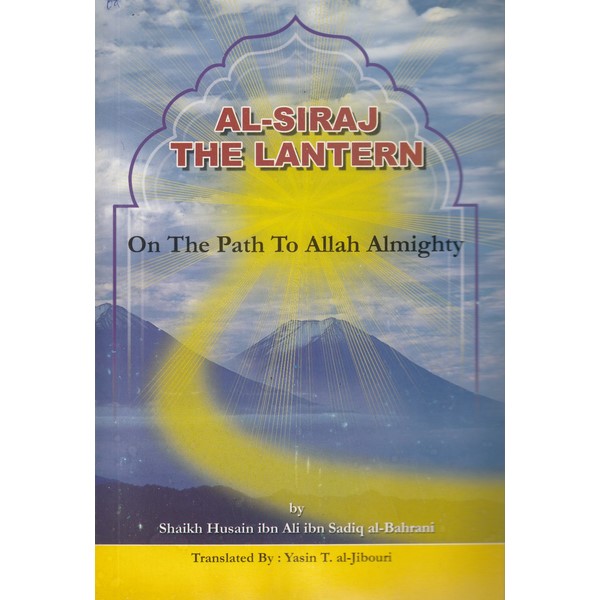
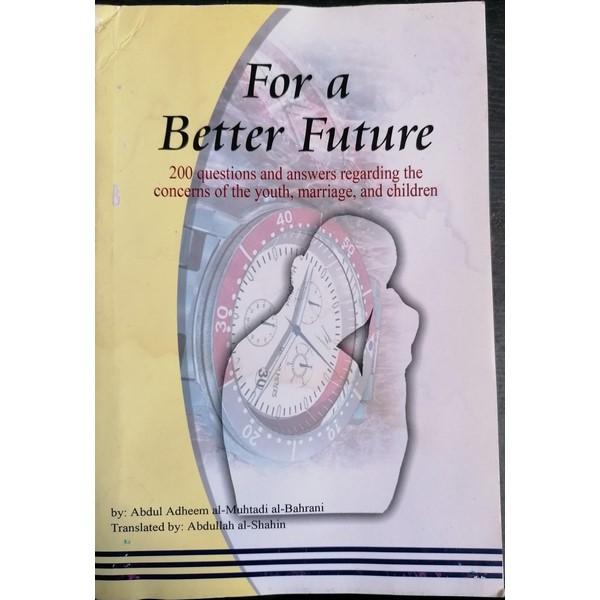
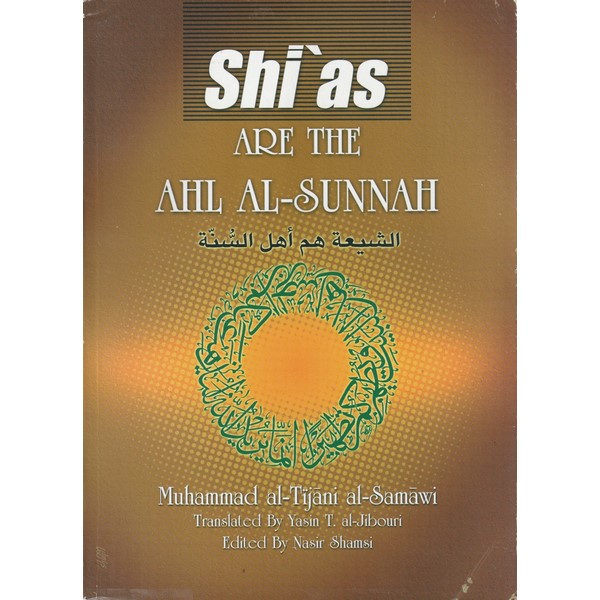
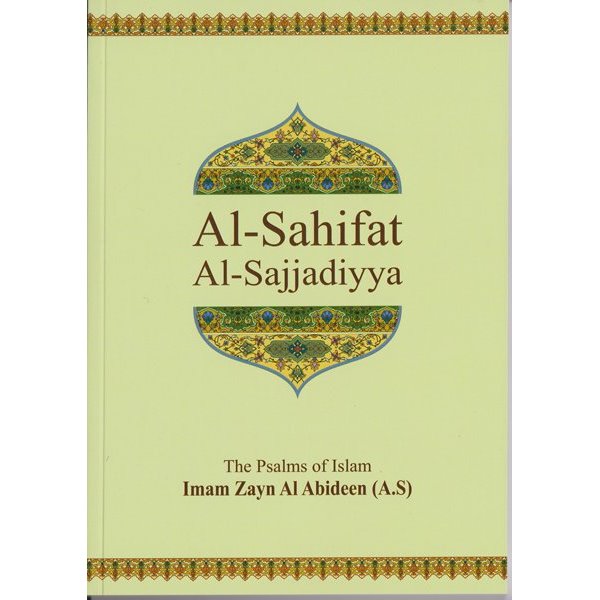


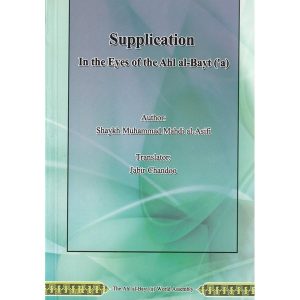
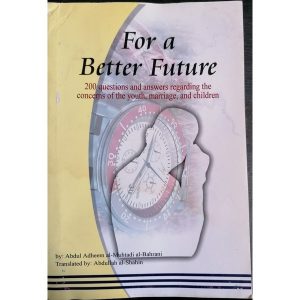

Reviews
There are no reviews yet.